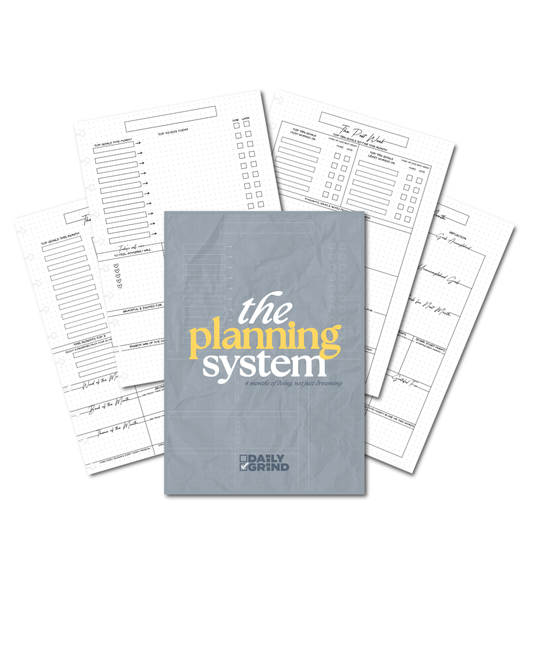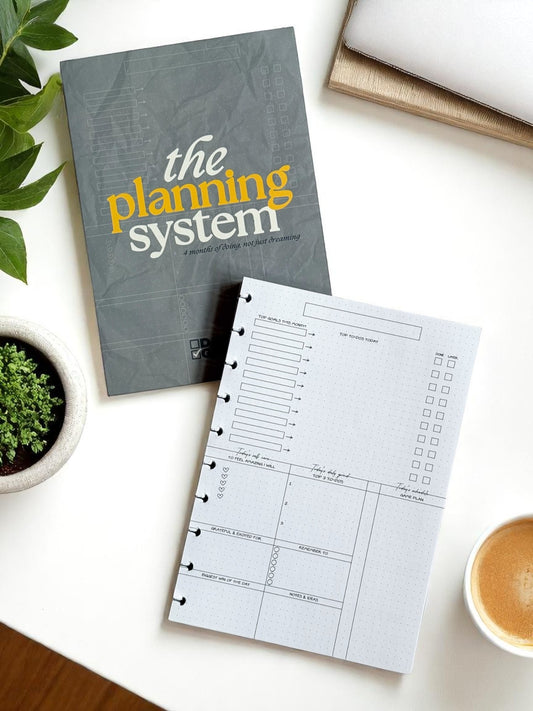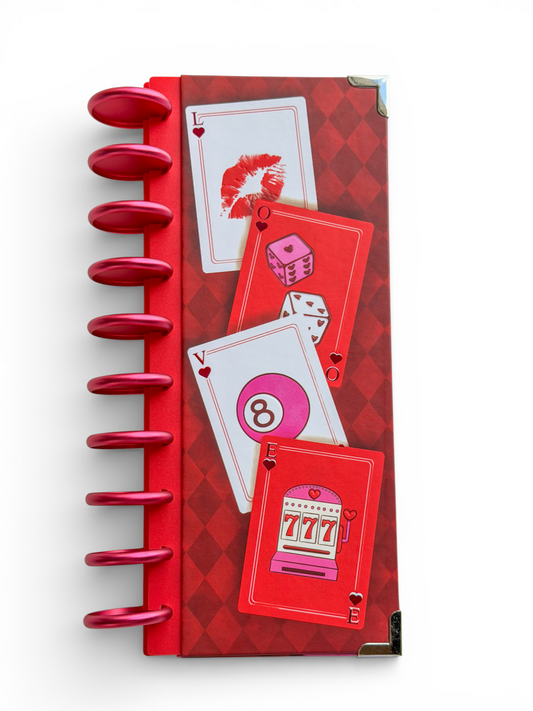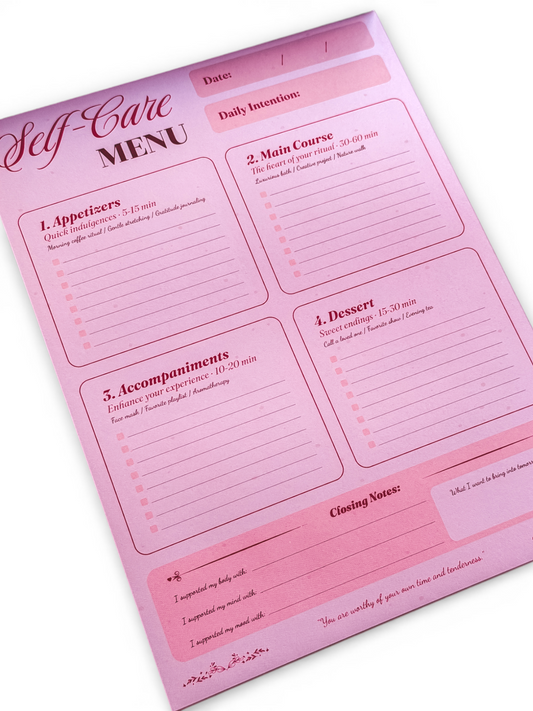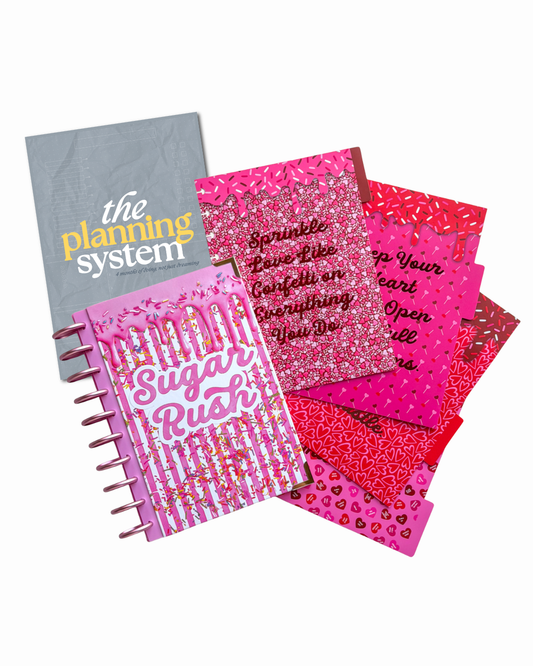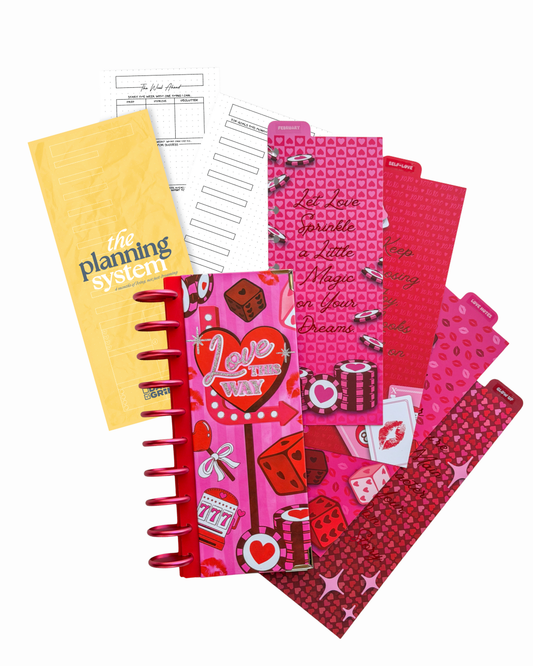
How to Set & Keep New Year's Resolutions in 3 Effective Steps
How can you set and keep your New Year’s Resolutions in 2023? Continue reading to learn more.
I want to start a business, lose weight and become more successful - setting New Year’s resolutions is easy, but how often do we actually keep them?
According to the Journal of Clinical Psychology, 64% of people succeed in keeping their resolutions after 1 month, and only 46% continue on their journey to success after 6 months.

According to other studies, 52% of Americans who set resolutions are confident of their success at the beginning, but only 9% of them feel successful in keeping them by the end of the year.
Even though these stats may not appear quite motivational, this doesn’t mean that you have to abandon your goals and surrender to failure.
In fact, you will find that setting and keeping your New Year’s resolutions can be a lot easier than you might have expected - you just need to follow the right steps.
So, without further ado, let’s jump right into it:
1. Understand why most people fail
In order to set and keep your New Year’s resolutions effectively, the first step that you will need to take is to understand why most people fail. On many occasions, we are setting ourselves up for failure before we even start working on our goals - and we don’t even realize it.
According to studies, the main reasons why people fail their New Year’s Resolutions include:
- Setting unrealistic goals - 35% of participants in a 2014 study didn’t keep their resolutions because they set the bar for themselves too high.
- Setting too many resolutions - was the reason why 10% of participants in the study failed at keeping their resolutions.
- Not keeping track of progress - failing to track progress affected 33% of participants in the same study.
- Forgetting about resolutions - you can’t really keep your New Year’s resolutions if you forget about them, which happened to 23% of participants.
According to the stats, at least 58% of all participants already failed in meeting their goals at the very moment of setting them. They didn’t even get to the practical part because they felt too overwhelmed with their unrealistic nature.
2. Follow the goal-setting theory
Knowing why failure happens is the first step towards preventing it and paving the way to success.
Setting an overwhelming amount or unrealistic goals, not holding ourselves accountable, and not tracking our progress are challenges that need to be tackled differently.
The first two points will be resolved with this step, while the next 2 points will be resolved with the next step (section 3).
Proposed by American psychologist and researcher Edwin Locke, the goal-setting theory refers to the effects of setting goals on subsequent performance.
He found out that individuals who set specific, but challenging goals performed better than individuals who set general, but simple and easy goals.
Edwin Locke proposed the following five principles of goal-setting which you can follow if you want to set and keep your New Year’s resolutions:
2.1. Clarity
Goals become more achievable when they are clearly defined and measurable. The most effective goals are specific, and they have a specific date or timeline for completion. Let’s take a look at some examples:
- Unclear goal: I want to lose weight after New Year’s Eve.
- Clear goal: I want to lose 20 pounds by the 31st of July.
If the goal is too ambiguous, it can be challenging to know if you’ve really met it, and whether it can actually make a difference in your life.
For example, if your goal is to lose weight and you didn’t get specific, you can easily lose half a pound by the end of year and be happy that you’ve met your goal.
But is half a pound really going to make the difference in your life that you were looking for?

Image source: getlucidity.com
All these principles apply to both personal and professional goals. Here’s how a professional goal may look like for a small business owner who is just starting his new business:
- Unclear goal: I want to have a profitable business in my first year.
- Clear goal: I want to generate $10,000 in profits in 3 months.
2.2. Challenge
If you truly want to set and keep your New Year’s resolutions, you must set goals that have a reasonable level of difficulty, but are not unrealistic.
Facing a certain challenge will motivate you to strive towards your end goal, but making it too unrealistic will inevitably lead to failure.
Let’s imagine that you have been a heavy smoker for the last 30 years, smoking 20 cigarettes a day. Here’s how this would look like for you:
- Unrealistic goal: I want to fully stop smoking in 1 month.
- Realistic, challenging goal: I want to reduce smoking by 1 cigarette a week, fully stopping smoking in the next 6 months.
For a heavy smoker that finishes the whole pack in a day, leaving a cigarette in the box can be a challenge, but one that’s totally realistic.
2.3. Commitment
In order to set and keep your New Year’s resolutions, you can expect a higher success rate if you put deliberate effort into meeting your goals.
You can increase your level of commitment by sharing it with your friends and family, or writing it down in a daily planner.
- Lack of commitment: My goal only remains in my thoughts and nobody knows about it.
- Commitment: At least 1 more person knows about my goal. I have written it down in my bullet journal.

2.4. Feedback
Setting up a method of receiving information on your progress will be key towards keeping your New Year’s resolutions.
If losing 20 pounds in 6 months turns out to be too challenging, it is better to analyze your progress and adjust the difficulty rather than giving up entirely.
- Lack of feedback: I remember about my goal every once in a while, but I am not really measuring my progress.
- Feedback: I use my daily planner to track my goals regularly, and see if I am on track with my timeline of completion.
2.5. Task complexity
The fifth step of the goal-setting theory proposed by Edwin Locke, and the last one on the list that will help you keep your New Year’s resolutions, is task complexity.
In other words, do you have a clear understanding of how complex your goal is? Are you overestimating it or underestimating it?
Make sure you perform your due diligence before setting a timeline for completion. If the goal is too complex, you need to give yourself enough time to overcome the learning curve associated with it.
- Setting task complexity incorrectly: I want to learn a new language in 12 months.
- Setting task complexity correctly: I want to learn a new language in 12 months. I know that the first 3 months are always the most difficult because I need to learn the basics on which I will build on, so I will give myself 15 months.
3. Keep track of your goals with a daily planner
If you really want to set and keep your New Year’s resolutions, one of the most important steps that you will need to take will be keeping track of your goals with a daily planner.
Let’s take another quick look at why most people don’t succeed with their resolutions:
- Setting unrealistic goals
- Setting too many resolutions
- Not keeping track of progress
- Forgetting about resolutions
By following the goal-setting theory, you will not only be able to set realistic, achievable and measurable goals for yourself this New Year, but you will also manage their volume to avoid getting overwhelmed.
However, there are still two more issues that contribute to a high failure rate - not keeping track of your progress, and forgetting about your New Year’s resolutions altogether.
Luckily, the solution is easier than you might have expected. In fact, both obstacles can be solved with a daily planner - a powerful tool that allows you to write down your goals, remember them, envision them, and organize them in a way that makes them easier to achieve.
By writing them down, it not only becomes impossible to forget about your New Year’s Resolutions, but it becomes a breeze tracking your progress with each one of them.
In fact, according to a study conducted by psychology professor Dr. Gail Matthews at Dominican University of California, 42% of people are more likely to keep their New Year’s resolutions and goals just by writing them down.

About Daily Grind
Created by content creator and entrepreneur Angie Bellemare, Daily Grind’s main goal is to create resources that eliminate the overwhelm of daily life, inspire people to dream big, and help them achieve their goals.
And you - are you ready to set and keep your New Year’s resolutions this year? Check out our stunning collection of daily planners, and get started today!
FAQ
Do people keep New Year’s resolutions?
Unfortunately, many people don’t keep their New Year’s resolutions. Studies have found that only 75% of people are successful in keeping them after 1 week, 71% after 2 weeks, 64% after 1 month, and only 46% of people are still working on their goals after 6 months.
What are the top 5 New Year’s resolutions?
While New Year’s resolutions vary among people, the top 5 most popular New Year’s Resolutions include losing weight, exercising more, becoming more organized, learning a new skill or a new hobby, and improving their lifestyle.
How do I keep my New Year’s Resolutions in 2023?
To keep your New Year’s resolutions in 2023, it is important to start with specific, realistic, measurable, and somewhat challenging goals. In addition, keeping track of your progress is an absolute must - you can do this with a daily planner to help you achieve your dream life.

